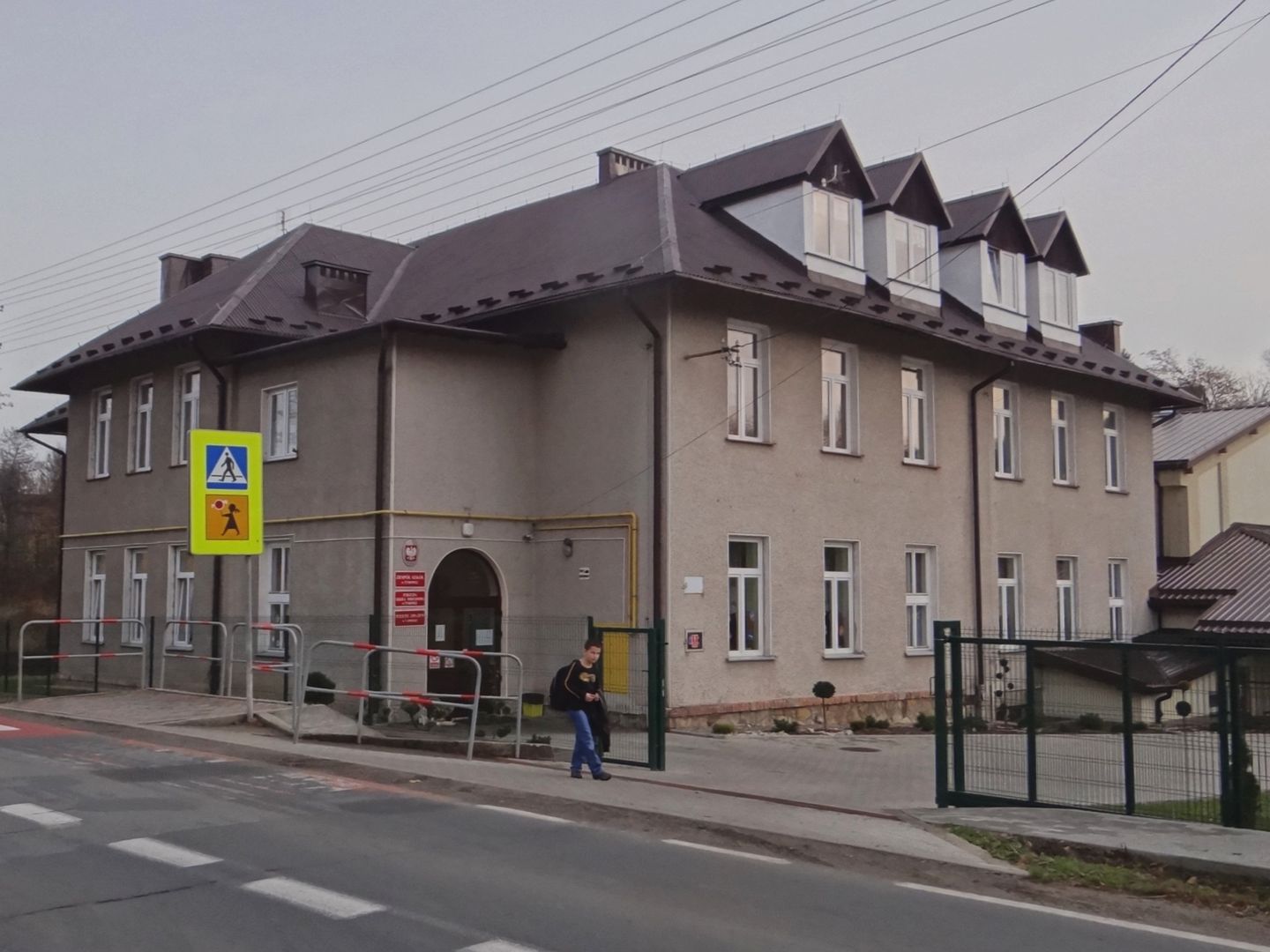Tymowa
6.01

Overview
Tymowa is a village in the Lesser Poland Voivodeship, located in the Brzesko County, known for its rich history dating back to at least 1215. The first mention of this place comes from Jan Długosz, who listed it as part of the estates of the Bishop of Kraków. The parish in Tymowa was most likely established in the second half of the 13th century, with the first references to the local church dating back to 1277, and more detailed documents from 1325. The current parish church of St. Nicholas was built in 1764 in the Baroque style and was expanded in 1913 with a presbytery designed by Zygmunt Hendel. It features a log structure and a three-nave layout, with outstanding architectural elements such as rich polychromes and Baroque altars. The church houses works of art, including paintings of St. Nicholas and other valuable objects, such as a Rococo pulpit from 1766 and a Baroque baptismal font from the 17th century. In the vicinity, one can also admire a belfry from the late 19th century, which stands as a testament to local building traditions and community. Also noteworthy is the World War I military cemetery, listed in the register of historical monuments, highlighting the historical significance of the area. Interestingly, Tymowa was also the birthplace of notable historical figures, such as Michał Barwiołek, a participant in World War I and a victim of the Katyn massacre, and Roman Rakowski, who fought in World War II and was a hero decorated with the Order of Virtuti Militari. The village also features a 19th-century manor house, which now serves as the headquarters of the Tymowa Forestry Unit, alongside a wooden granary, adding to the charm of this picturesque location. With its rich history, architecture, and traditions, Tymowa is a fascinating example of Polish regional culture.
Location
2026 Wizytor | All Rights Reserved